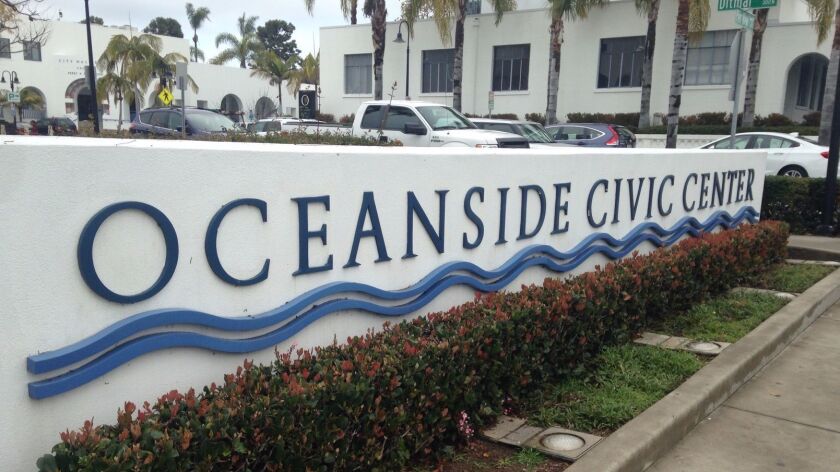Porath, C. L., & Gerbasi, A. (2015).
Organizational Dynamics, 44(4), 281–286.
Abstract
Being nice may bring you friends, but does it help or harm you in your career? After all, research by Timothy Judge and colleagues shows a negative relationship between a person’s agreeableness and income. Research by Amy Cuddy has shown that warm people are perceived to be less competent, which is likely to have negative career implications. People who buck social rules by treating people rudely and getting away with it tend to garner power. If you are civil you may be perceived as weak, and ignored or taken advantage. Being kind or considerate may be hazardous to your self-esteem, goal achievement, influence, career, and income. Over the last two decades we have studied the costs of incivility–—and the benefits of civility. We’ve polled tens of thousands of workers across industries around the world about how they’re treated on the job and the effects. The costs of incivility are enormous. Organizations and their employees would be much more likely to thrive if employees treated each other respectfully. Many see civility as an investment and are skeptical about the potential returns. Porath surveyed of hundreds across organizations spanning more than 17 industries and found that a quarter believe that they will be less leader-like, and nearly 40 percent are afraid that they’ll be taken advantage of if they’re nice at work. Nearly half think that is better to flex your muscles to garner power. In network studies of a biotechnology firm and international MBAs, along with surveys, and experiments, we address whether civility pays. In this article we discuss our findings and propose recommendations for leaders and organizations.
(cut)
Conclusions
Civility pays. It is a potent behavior you want to master to enhance your influence and effectiveness. It is unique in the sense that it elicits both warmth and competence–—the two characteristics that account for over 90 percent of positive impressions. By being respectful you enhance–—not deter–—career opportunities and effectiveness.


